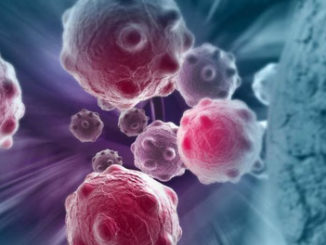Histone Deacetylation Turns Cancer-Protecting Cells into Cancer-Killing Cells
A significant advancement in cancer research was presented in a recent study conducted by scientists from Cornell University, University of Chicago, and Houston Methodist Hospital. The researchers demonstrated that a specific protein known as a cell surface receptor can cause immune cells to attack malignant tumors as opposed to protecting them via an epigenetic mechanism known as histone deacetylation. The research was published in Nature Communications. CD4+ T-cells, also known as CD4 or helper T-cells, are crucial to the immune [more…]






